The second edition of the History Literature festival that kicks off in Pune promises to be a treat for the curious-minded cinephile, foodie and historophile alike
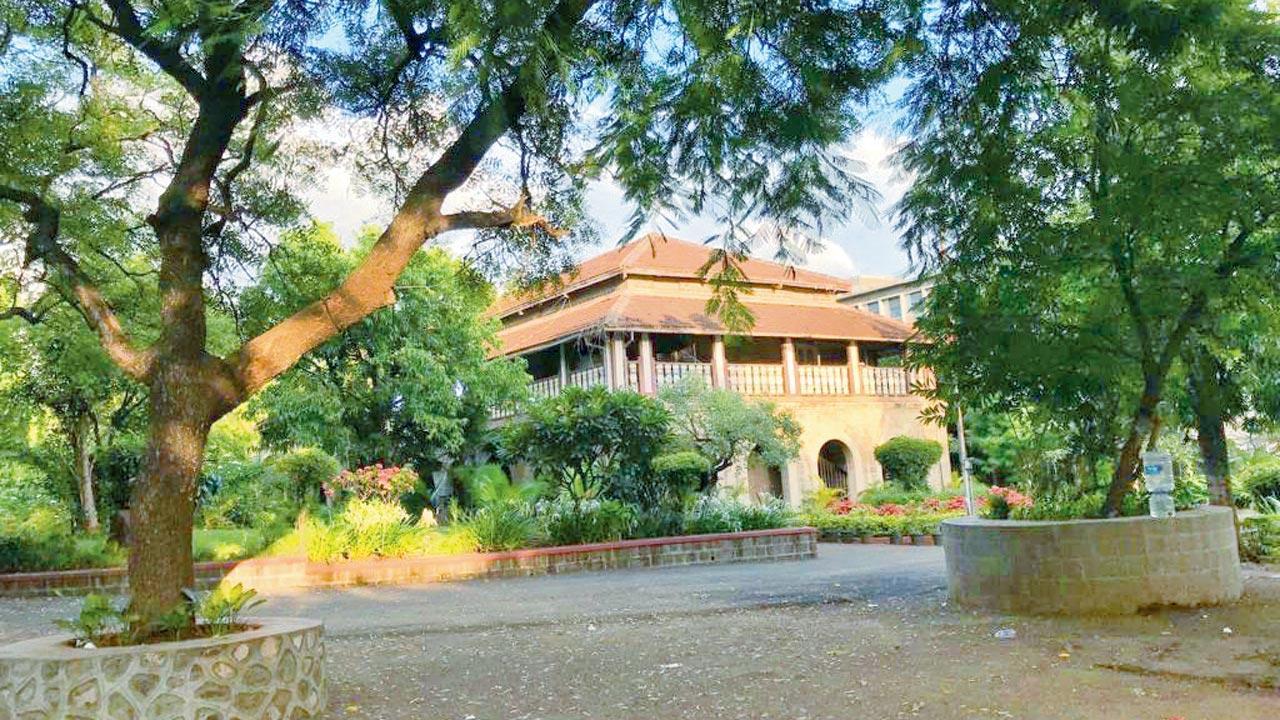
The venue is named after Gopal Krishna Gokhale and houses the bungalow that was once his official residence. Pics courtesy/HLF; Wikimedia commons
With sessions spread across three days, the travelling History Literature Festival (HLF) will take participants on an insightful journey into India’s past. While the first edition was held in Ahmedabad, the second edition moves to Pune. “Apart from celebrating history and literature, the festival is about democratising discussions around history. We are trying to bring together popular writers, academicians, historians, and also people who have practised in different fields, to speak about their lived experiences. The idea is to make history accessible to people, where one can disagree without being disagreeable,” shares Amit Arora, co-founder and festival director.
Apart from Arora, the festival has five organising members and two members on the advisory board. While most members are Ahmedabad-based, it was a conscious decision to create a travelling festival. “Most festivals today are associated with a city. Even some of the history that we’ve been taught has been Delhi-centric. We didn’t want to restrict ourselves to one city, and hence, this can be another way to learn more about our history and focus on each place that hosts the festival,” explains Arora. In this regard, the session featuring Uday S Kulkarni (author and retired Surgeon Commander) and Manjiri Khandekar (author and founder of Heritage India) in conversation with Amit Paranjape, will discuss Pune’s rich history and its fascinating journey through time.
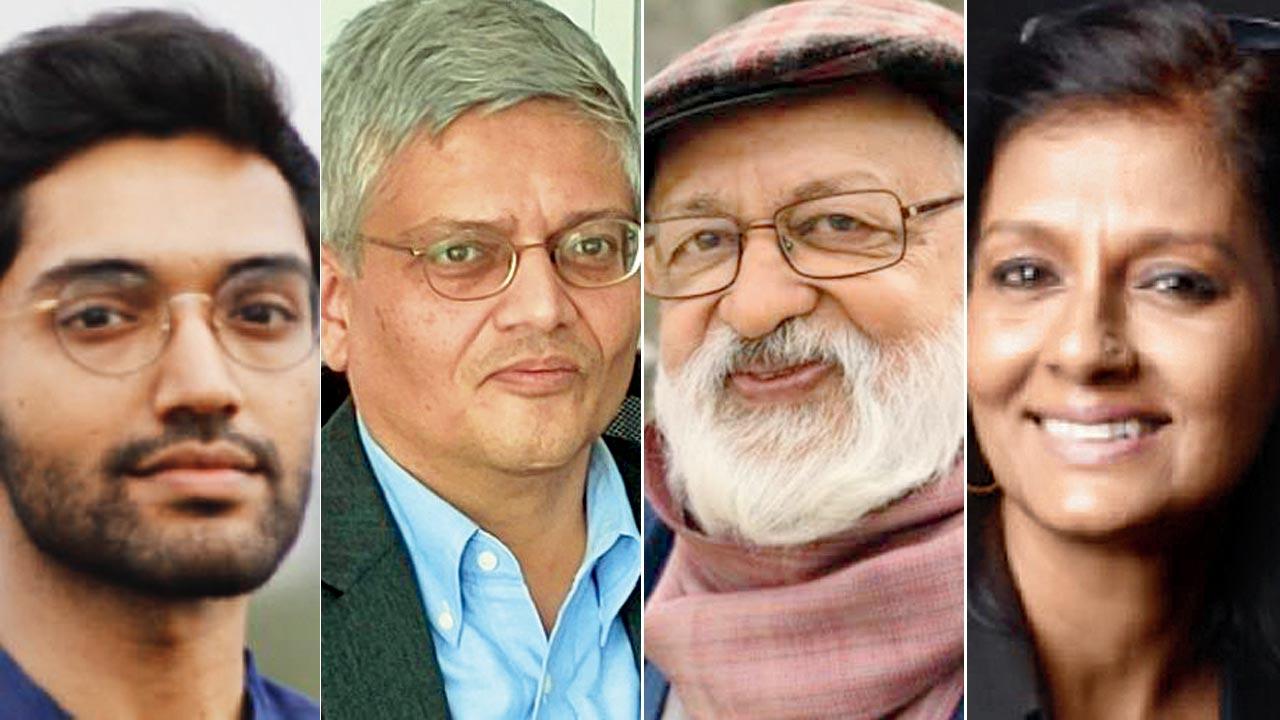 Manu S Pillai, Amit Paranjape, Pushpesh Pant and Nandita Das
Manu S Pillai, Amit Paranjape, Pushpesh Pant and Nandita Das
“The common perception of history is that it’s just about dates in a ‘that-happened-in -that-year’ kind of way. The trend today is to also talk about people’s history — that takes the focus away from the ruler and talks only about the rule. The problem is that one is talking only about one dimension of history,” suggests Arora. “For example, if we were to look at a person’s life in the 17th century, it wouldn’t just be about where he lived or what his profession was. That does not tell the full story. We need to ask what kind of food they ate at that point of time. What were the tools and technologies accessible to them? What fabrics were used for clothes? This is why the subjects of the sessions at the festival are varied,” he reveals.
The discussions span multiple eras, and cover subjects like cinema, food and music apart from international relations, and conversations around the British Empire. Actor-director Nandita Das, actor Mohan Agashe and veteran screenwriter Anjum Rajabali will compare trajectories of popular mainstream cinema with the world of parallel cinema, discussing the diverse narratives that have shaped the silver screen. In another session, food historian Pushpesh Pant and archaeologist and culinary anthropologist Kurush F Dalal will uncover culinary tales that have shaped cultures and civilisations, exploring the historical tapestry of India’s kitchens. “The food history writer talks about the history of food in the last few hundred years, or more, while the food archaeologist talks about objects found during excavations across Indian sites. They will discuss periods ranging from prehistoric to the Industrial Civilisation, to what we are eating now and how we came to it,” elaborates Arora.
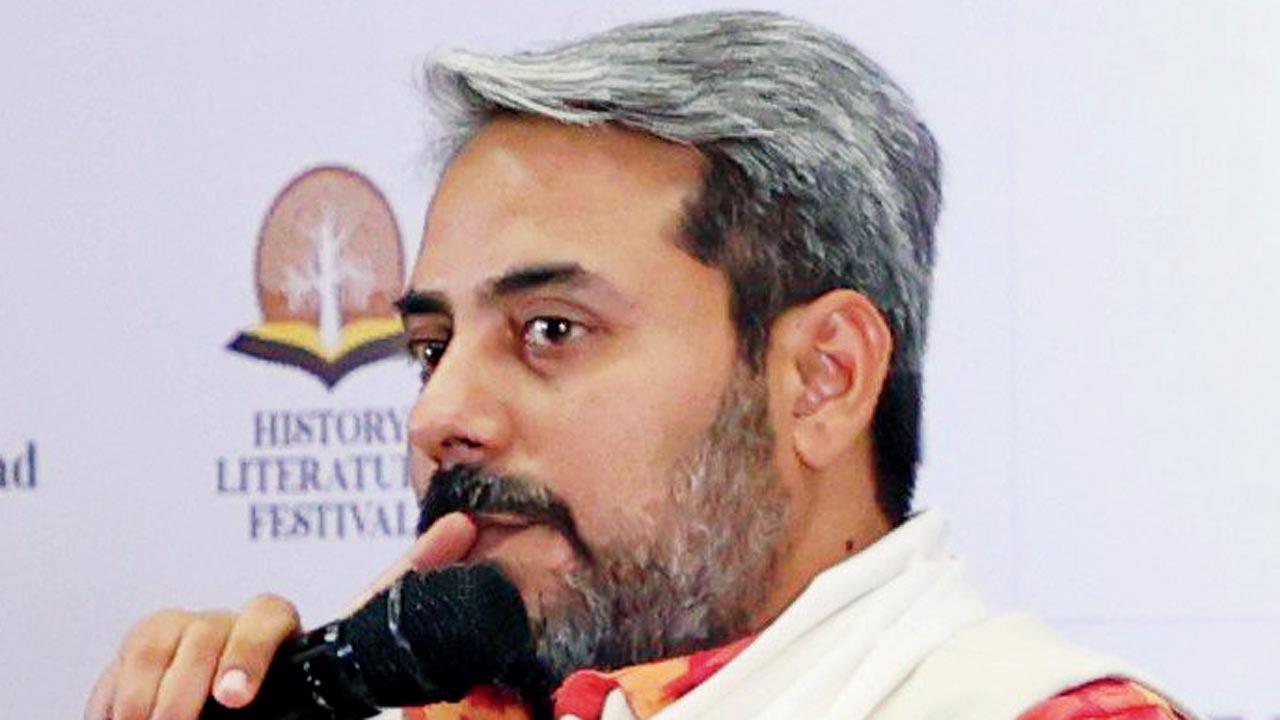 Amit Arora
Amit Arora
Other interesting sessions include a discussion on the portrayal of women in Indian epics, and another about the lives of women who came to India with their husbands or arrived here to marry army officers during the British Raj, and how they shaped, resisted, and endured in this pivotal era. There will also be sessions about the history of commerce in India that focuses on the stories behind business houses such as Tata and Bajaj; a session about the historical significance and cultural evolution of the railways in India, as well as historical narratives, diplomatic intricacies, and the evolving relationships between India, China and Pakistan. A key session will showcase the history of various gharanas in Indian Classical music. There will also be a Hindustani Classical performance by vocalist, Dr Radhika Joshi, and second by Mandar Karanjkar and Dakshanyani Athalye that will explore the lost words of forgotten saints.
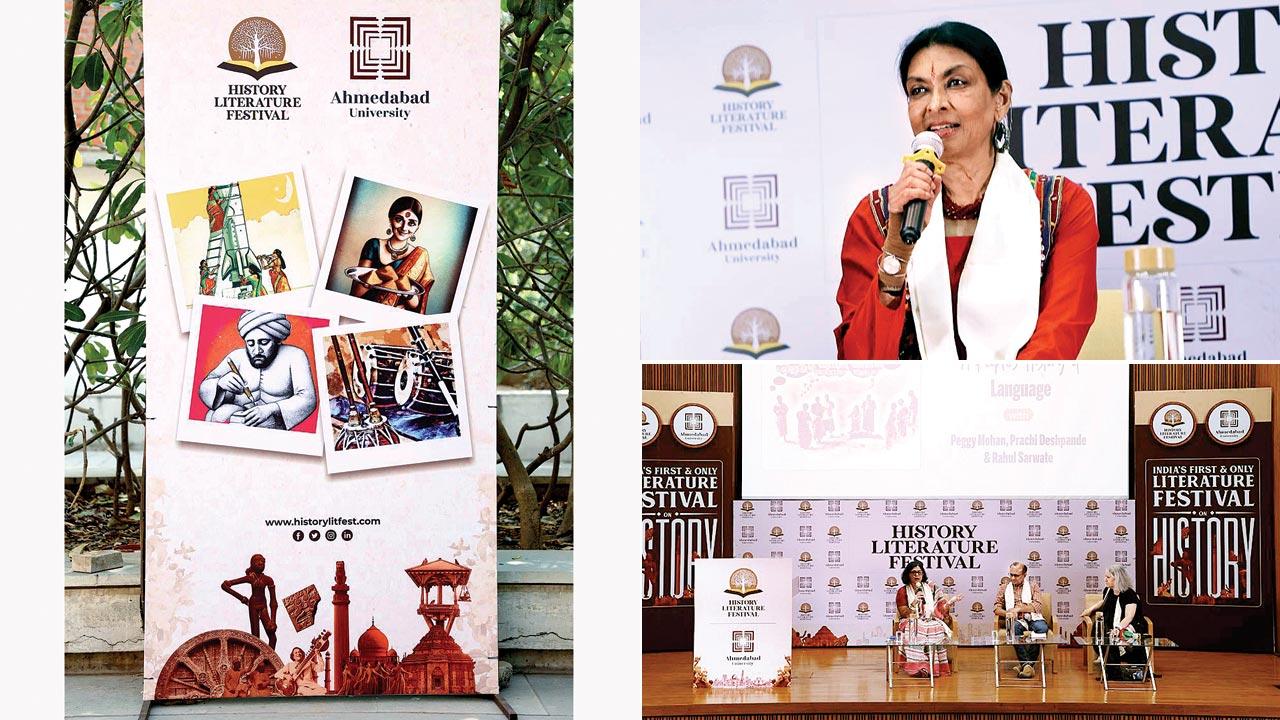 A few moments from the previous edition of the festival; Mallika Sarabhai was one of the speakers
A few moments from the previous edition of the festival; Mallika Sarabhai was one of the speakers
On February 9 to 11; 10.30 am onwards
At Gokhale Institute of Politics and Economics, 846, BMCC Road, Fergusson College Campus, Deccan Gymkhana, Pune.
Call 9510563295
Log on to historylitfest.com
Free
The Pune Weekend Plan
What to see
. The festival venue was established in 1930 by the Servants of India Society. Named after Gopal Krishna Gokhale, it is the oldest research and training institute in economics in India. Explore the beautiful campus that is a mix of old and new structures set among lush foliage. Gokhale’s bungalow, his official residence back then, is housed on campus.
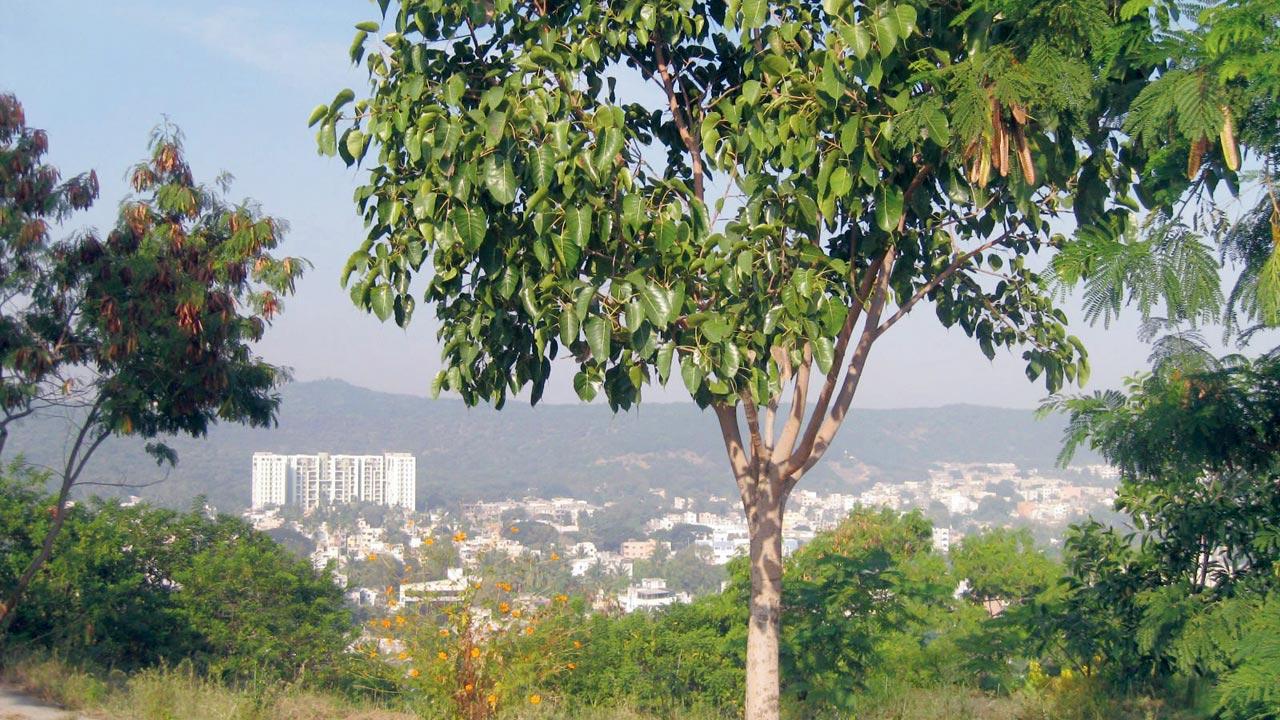
. Solanki bookstore is a cool halt for bibliophiles that’s been around for over 20 years on a pavement in Camp area. FC Road (Fergusson College Road) is fun for street shopping — browse for bags, shoes, clothes and junk jewellery.
. Behind the institute is the Hanuman Tekdi hill (above), which is a short, easy trek. It’s a great place to unwind, switch off from the buzz
of the city and enjoy its green cover.
. History buffs can head to Shaniwar Wada, a fort built in 1732, which remained the seat of the Peshwas of the Maratha Empire until 1818. One can also visit the Aga Khan Palace, built by Sultan Muhammed Shah Aga Khan III. It served as the prison for Mahatma Gandhi, his wife Kasturba Gandhi, Sarojini Naidu and other leaders who were imprisoned here during the Quit India Movement.
. Zapurza Museum of Art and Culture with 10 galleries, spread over seven acres of land on the banks of the Khadakwasla Dam, and the Raja Dinkar Kelkar Museum, home to a collection of nearly 22,000 priceless artefacts, are other must-visit attractions.
Where to eat
. Near Gokhale Institute is Vaishali, popular among Punekars for its South Indian fare as well as its ‘SP-DP’ (Sev Puri, Dahi Puri). You can also grab breakfast and chai at Cafe Goodluck or head to Camp to savour chicken sandwiches and juices at Marz-O-Rin, biryani at George or baked goodies from Kayani.
 Subscribe today by clicking the link and stay updated with the latest news!" Click here!
Subscribe today by clicking the link and stay updated with the latest news!" Click here!










